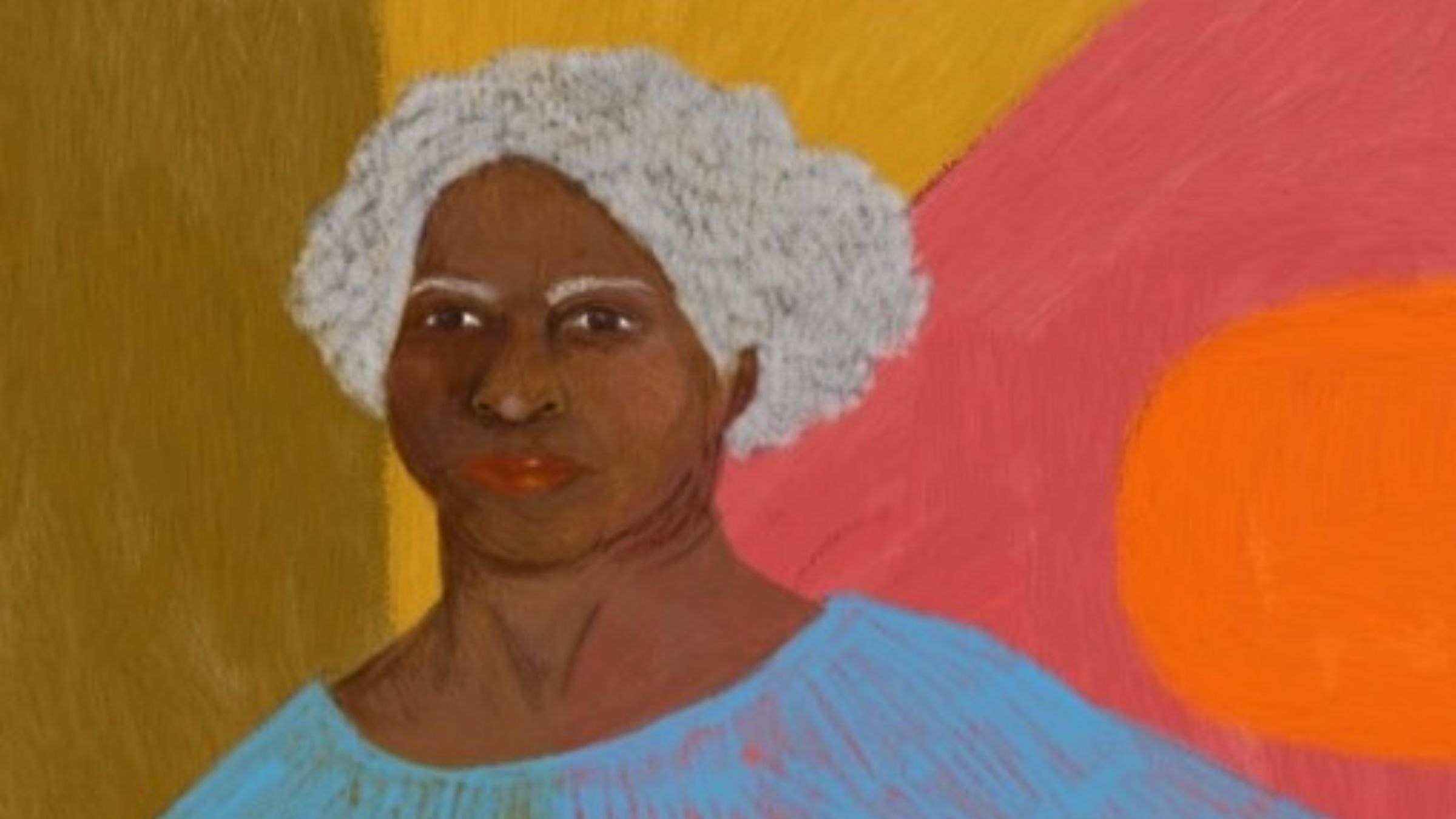Brazil 
Renewing Our Commitment to Racial Equity in Brazil

Brazil 

True wisdom is understanding that we do not give up our own knowledge when we learn from others—an idea advanced by Quilombola leader and scholar Nego Bispo.
Rather, he says we expand our own wisdom through encounters and dialogues with others. Bispo calls it organic wisdom: the ability of Black and Indigenous communities to be at the confluence of multiple identities, cultures and worldviews — like nature is — as opposed to the prevalent synthetic wisdom that reduces things to a single truth.
Our work in Brazil went through a substantial shift in the past two years, mostly because, like Bispo argues, we had the fortune to encounter and to be in dialogue with many Indigenous and Black leaders who are committed to advancing racial equity in education.
Over the past two years, we continued to build and refresh our strategy with an emergent, systemic approach, one that is informed by and co-created with the communities of learners and families we aim to serve. The pillars of our strategy were built together and with input from hundreds of people from Indigenous, Black, Asian, and white communities. We also had the opportunity to meet weekly with four Indigenous and Black leaders from this group, who acted as our racial equity advisors. Recently, we invited them to advise us across our entire strategy in Brazil, not just racial equity.
We understand that these meetings are just a start and will never be enough, since the exercise of breaking from historical patterns of exclusion is a daily one, and happens through all the details — both big and small — of our actions.
Through this process of co-creating our strategy, we built a systems map that illustrates where persistent forms of racial inequality in Brazilian education are present. We built our work plan for 2023 based on this map, choosing to support initiatives that:
We also understand that organizations led by Black and Indigenous people are underfunded compared to white-led organizations. We support institutions such as Centro de Estudos das Relações de Trabalho e Desigualdades (CEERT), Instituto Geledés, Instituto Peregum, and the Forum Nacional de Educação Escola Indígena (FNEEI). We have also funded the Edital Educação e Identidades Negras: Racial Equity Policies, in partnership with Fundo Baobá and Lemann Foundation, which encourages Black organizations, groups and collectives that work to combat racism and promote racial equity in education so that all students can thrive.
Moving forward, we believe that no transformation is possible in Brazil with only a fraction of the population represented. Our goals will only be achieved with the constant and active participation of Black and Indigenous leaders and educators, not with occasional consultations.
We wished we had noticed sooner the patterns of inequality and racism that are so blatant in Brazil and apologize to our Indigenous and Black partners and friends for arriving to this work now. Although we have learned much through this process, we know that the journey continues and we are committed to the ongoing work required to be effective and supportive partners in change.
“Our work in Brazil went through a substantial shift in the past two years, mostly because, like Bispo argues, we had the fortune to encounter and to be in dialogue with many Indigenous and Black leaders who are committed to advancing racial equity in education.”
Even though we have a long way to go, we are confident that we must continue to evolve the practice of philanthropy to promote racial equity in the what and in the how. That is why we encourage other foundations to acknowledge the mistakes from the past, to build emergent strategies with the help of those that we want to serve, act on complex problems with a systems approach and cede power to Indigenous and Black people, as the ultimate source of transformation and inspiration. We believe that the way we act defines the results we will achieve. We invite our peers in philanthropy to further deepen our racial equity practices by sharing their learnings with us.
To paraphrase Giovani Rocha, one of our racial equity advisors: Philanthropy may even consider that it is taking risks when investing in racial equity, but that is a misperception. If philanthropy fails, it is impossible to imagine that it will cause greater damage than the harm that the society is already doing to Indigenous and Black people. We need to act now, urgently and without fear.
“To paraphrase Giovani Rocha, one of our racial equity advisors: Philanthropy may even consider that it is taking risks when investing in racial equity, but that is a misperception. If philanthropy fails, it is impossible to imagine that it will cause greater damage than the harm that the society is already doing to Indigenous and Black people.”